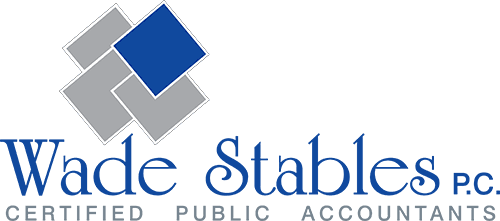Here are some important 4th quarter tax-filing dates for businesses. OCT. 17: If you’re the owner or operator of a calendar-year C corp. which filed an extension, file a 2021 income tax return. OCT. 31: Report income tax withholding and FICA taxes for Q3 2022 (unless you’re eligible for a Nov. 10 deadline because you deposited on time and in full all of the associated taxes due). DEC. 15: If a calendar-year C corp., pay the fourth installment of 2022 estimated income taxes. Note: Certain deadlines may be postponed in federally declared disaster areas. We can provide more information about filing requirements and ensure you’re meeting all applicable deadlines.
Read More...
Does your business need real estate to conduct operations? Or does it hold property and put the title in its name? You may want to separate real estate ownership from the business. For example, C corporations treat real estate as they do other business assets. Expenses related to owning the assets are generally tax deductible in the year incurred. However, when the business sells real estate, the profits are taxed twice, at the corporate level and at the owner’s individual level when a distribution is made. But if the real estate ownership was transferred to a pass-through entity instead, the sale profit would be taxed only at the individual level. Contact us to determine the best approach.
Read More...
High-income taxpayers may face the 3.8% net investment income tax (NIIT). The NIIT applies, in addition to income tax, on your net investment income. It only affects taxpayers with adjusted gross income exceeding $250,000 for joint filers, $200,000 for single taxpayers and heads of household, and $125,000 for married individuals filing separately. The income that’s subject to the NIIT includes interest, dividends, annuities, royalties, rents and net gains from property sales. Wage income and income from an active trade or business isn’t included. However, passive business income is subject to the NIIT. Questions? Contact us to discuss this tax and how its impact may be reduced.
Read More...
If you’re a business owner working from home or an entrepreneur with a side gig, you may qualify for home office deductions. On the other hand, employees who work remotely can’t deduct home office expenses under current federal tax law. To qualify for a deduction, you must use part of your home regularly and exclusively as your principal place of business, or a place to meet with customers, clients or patients in the normal course of business. Typically, the business use percentage is determined by your home office’s square footage but there are other methods. We can address questions about the best way to compute home office deductions and the tax implications when you sell your home.
Read More...
The new Inflation Reduction Act contains a provision that provides tax relief for small businesses. Under current law, qualified small businesses can elect to claim a portion of their research credit as a payroll tax credit against their employer Social Security tax liability, rather than against their income tax liability. A qualified small business can now claim up to $250,000 of its credit for increasing research activities as a payroll tax credit. Under the new law, qualified small businesses can apply an additional $250,000 in qualifying research expenses as a payroll credit against the employer share of Medicare. This provision takes effect for tax years beginning after Dec. 31, 2022.
Read More...










